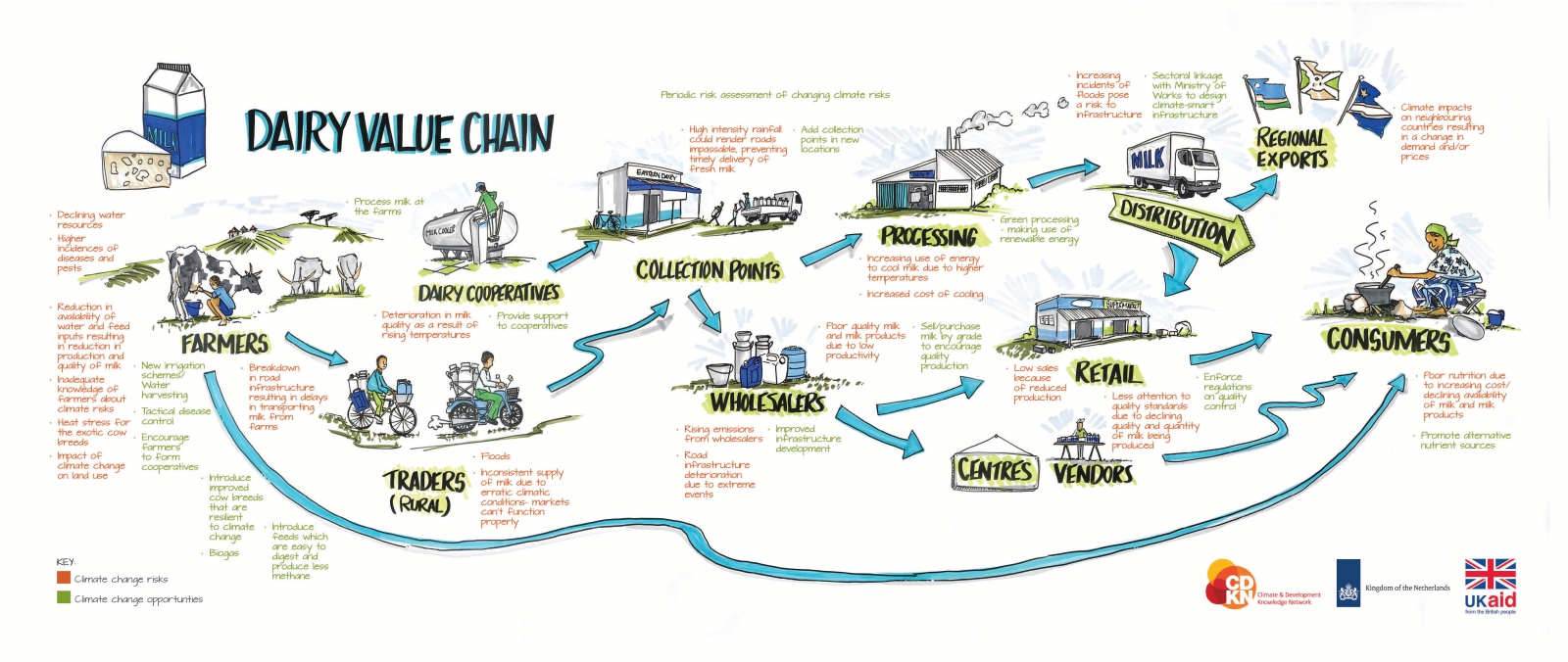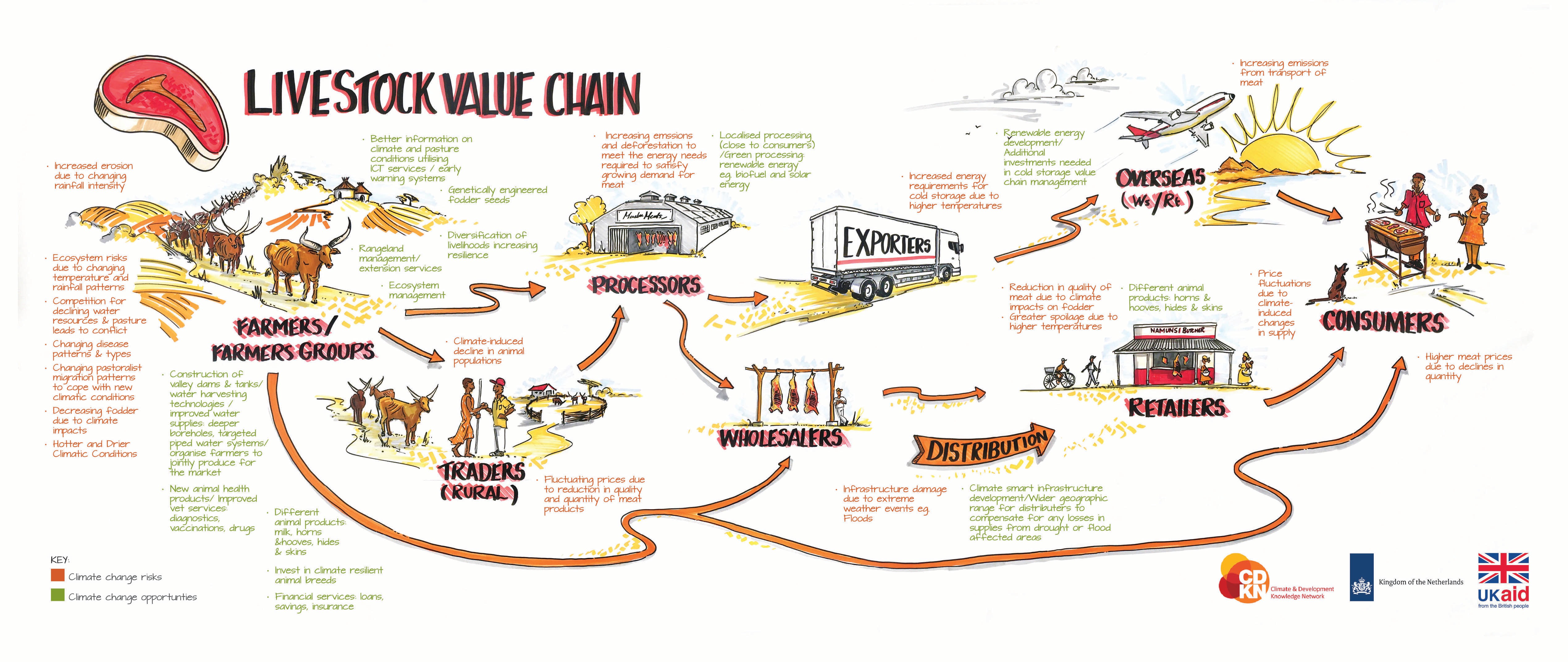Action Lab to take on Ugandan climate issues
Action Lab to take on Ugandan climate issues
The climate of Uganda is already changing; the past 30 years have seen average temperature rise and future climate change has the potential to exacerbate the current impacts of climate in Uganda and to lead to new risks.
“The uncertainty of the projections makes it more challenging to design appropriate responses to adapt to future climate change risks, but this is not a reason for inaction,” says researcher Paul Watkiss in his background document ‘Enhancing Climate Change Outcomes in Development Programmes in Uganda’.
It is this sentiment that will see an Action Lab with the Netherlands Embassy in Uganda take place in Kampala later this week, where two key issues will take centre stage:
- How to make dairy and livestock value chains more climate smart?
- How to strengthen the resilience of migrants to environmental shocks and climate change?
It is important to design climate-smart livestock and dairy interventions, and climate migrant resilience strategies with this uncertainty in mind, not to ignore it, says Watkiss.
In Uganda, migration is an integral part of the country’s history and has been prompted by a diversity of demographic, economic, social and political factors. These factors have acted in combination to produce various forms of internal and international migration, such as nomads, labour migrants, refugees and internally displaced persons. These existing pressures for migration are increasingly compounded by enhanced climate variability.
Similarly, livestock and dairy are critical in relation to supporting many livelihoods. Both sectors face a number of challenges: current productivity is low due to indigenous breeds, subsistence livestock rearing, insufficient fodder, insufficient inputs, poor veterinary care and pest and disease prevalence. However, the influence of the current climate is also a factor contributing to low productivity.
The Action Lab will look at the issues surrounding value chains and migration and discuss the need for capacity building, information and knowledge management to practically introduce potential options. While some of these options could be implemented quickly, many will take time and consideration of the timing and sequencing is important. There are also important barriers to uptake that need to be addressed for successful uptake.
The Action Lab's aim is to distill a number of research questions to meet knowledge gaps that if addressed would help development practitioners to move forward on these issues. CDKN will be funding short-term research to meet some of these gaps.
See the risks and opportunities the two value chains by clicking on the images:


